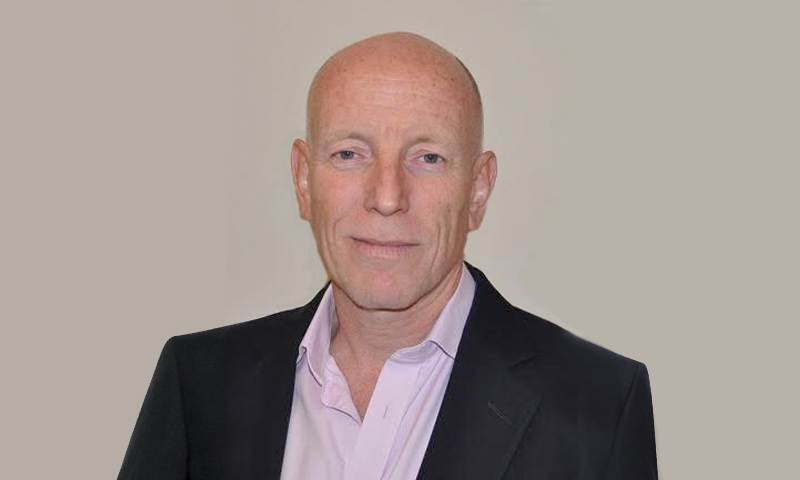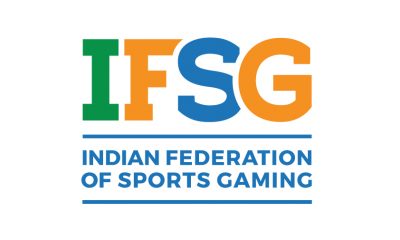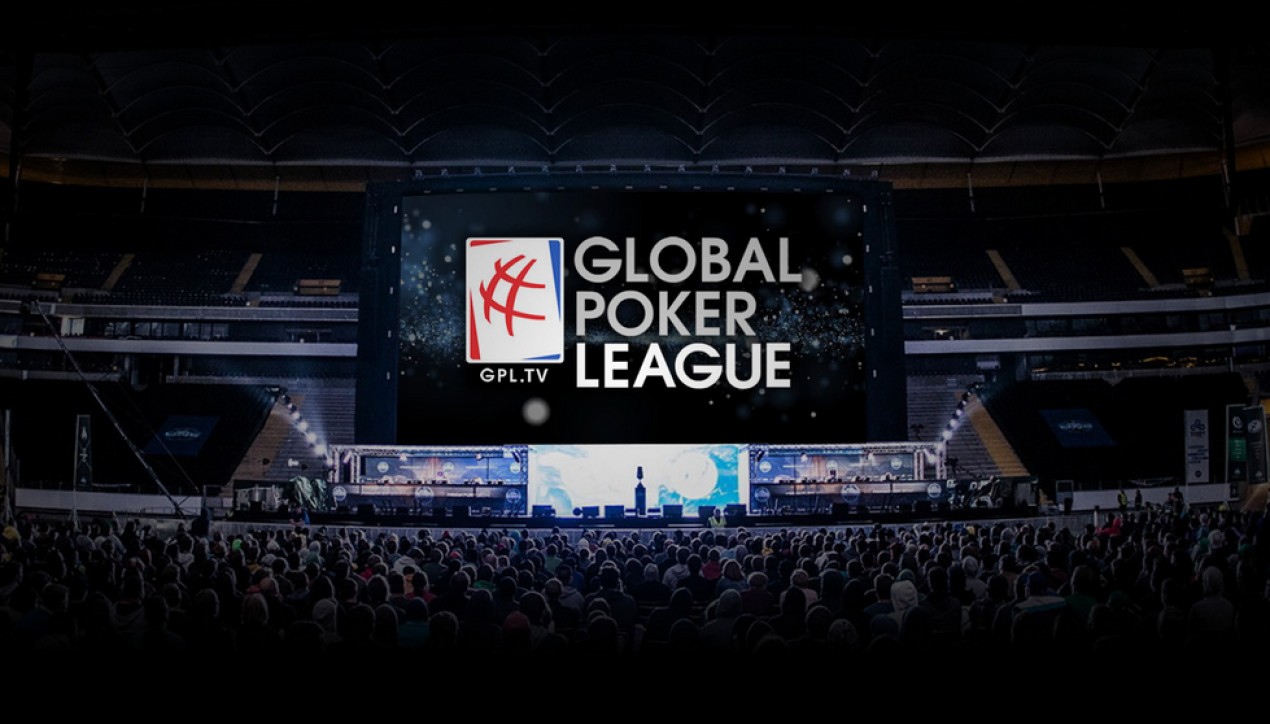Gaming
Newly appointed IFSG President John Loffhagen discusses the need for a self-regulatory framework for fantasy sports operators

Fantasy sports focused industry body Indian Federation of Sports Gaming (IFSG) recently appointed British lawyer John Loffhagen as its president.
An international legal expert having more than two decades experience in the sports and media sectors Loffhagen in his new role is expected to bring together all fantasy operators and frame a set of industry benchmarks and guidelines.
In this email interaction, Loffhagen shares details about his plans for IFSG and how he intends to bring together all stakeholders in the sports gaming industry.
Edited excerpts:
Q. After being in the legal profession in London for over two decades, why did fantasy sports and IFSG in particular interest you? What is your role at IFSG going to be?
John Loffhagen (JL): In recent years, the Indian fantasy sports industry has grown exponentially, both in terms of users and operators. Today, the industry has over 60 operators catering to 4 crore+ sports fans and this number is only set to increase, with online sports viewership aiming to reach an all-time high in India. Being actively involved in framing the rules and regulations and governance structures of the IPL and ISL, I wanted to use all my legal as well as regulatory experience towards building the rapidly-growing fantasy sports industry in India. As the President of IFSG, I will be working with industry stakeholders to lay down guidelines for a common set of industry practices, disseminate know-how to members and assist with potential arrangements with rights holders for the benefit of members.
Q. Can you tell us what the vision and mission of IFSG is going to be? What are the events and activities planned for the next few months?
JL: IFSG aims to protect consumer and operator interests by laying down a common set of guidelines and creating standardised best practices for the industry. As the unified voice of the industry, IFSG will liaise with key stakeholders such as sports gaming operators, sports leagues, government representatives, law firms, policy makers, etc. to create a regulatory framework and ensure a thriving ecosystem for users and operators alike.
In the coming months, IFSG will deeply interact with its members to understand key areas of concern in their respective fields of operation. It will also construct a detailed charter of rules and regulations, set industry benchmarks for a strong governance structure and disseminate the same to members. With the number of fantasy sports operators on the rise, defining the modus operandi for this nascent yet booming industry becomes extremely crucial at this stage. IFSG will play an important role in bringing all stakeholders together and help them align with its objectives at large.
Q. For creating a self-regulatory framework, it is important to have all fantasy sports operators on board. Some companies have hesitated in joining industry bodies. How do you plan to persuade all operators to come on board?
JL: Currently, IFSG has 11 members that are working together to create standardised best practices and drive self-regulation in the industry. Members include the likes of Dream11 (founding member), Baadshah Gaming, Vinfotech, Fantain, StarPick, etc.
At IFSG, every member will play an active role in shaping the industry by contributing towards setting up regulatory frameworks, standards of operation and a common set of guidelines. We have been interacting with potential members (operators, service providers, etc.), shedding light on the purpose of IFSG’s existence, objectives and benefits, and inviting them to be part of the sports gaming revolution by becoming a member.
For IFSG to become a successful industry body, it is important for all stakeholders to align on the way forward. IFSG provides that platform for operators to discuss, share, and work together towards building this evolving industry. We will personally reach out to every operator and ensure they are onboard IFSG, while also safeguarding their interests and looking after their operational issues, complaints or redressals.


















